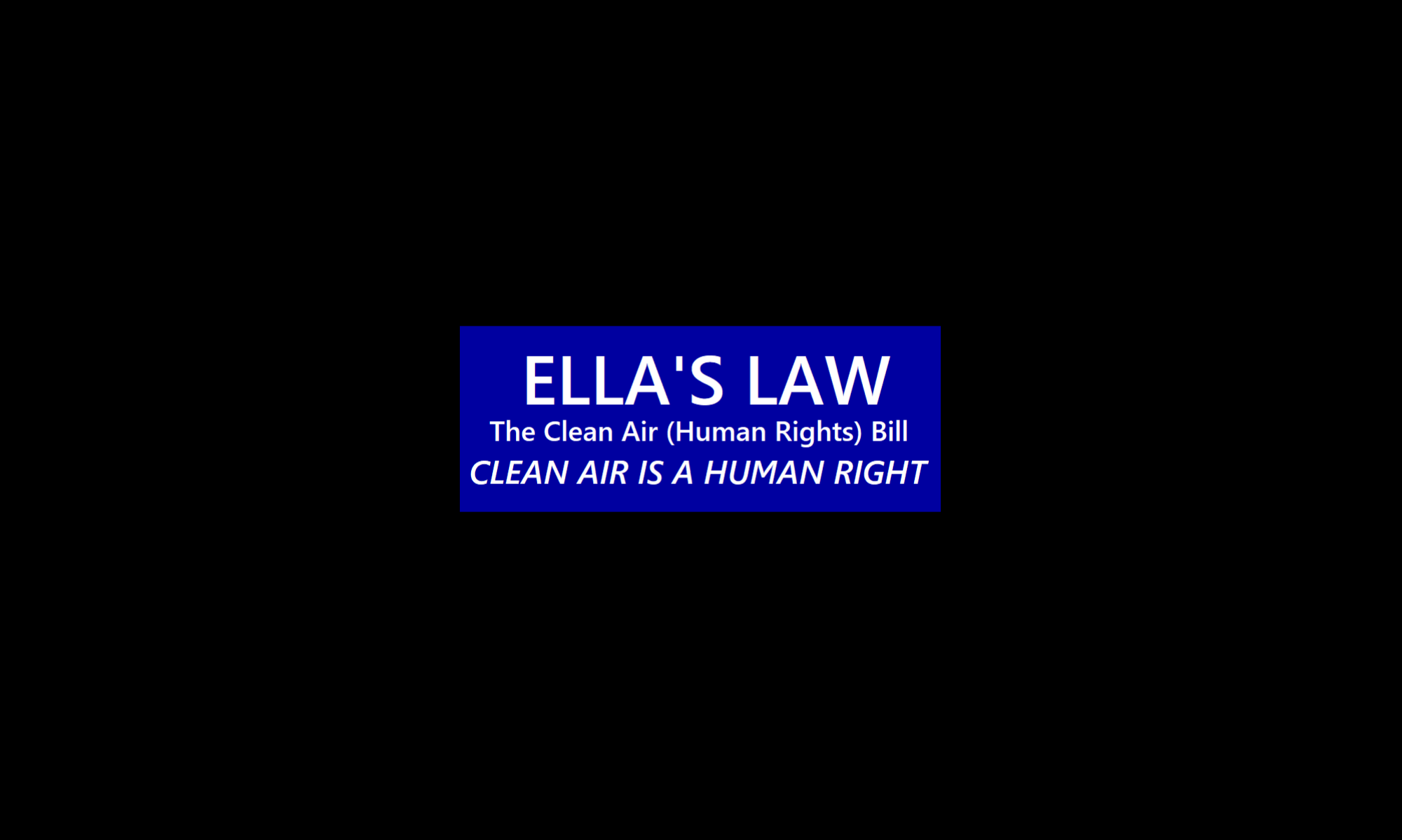Green Party Baroness Jenny Jones and Labour Lord Alf Dubs were among a cross-party group of venerable peers – all born before the 1952 Great Smog of London – who gathered today in Westminster to mark the 70th anniversary of the Great Smog, which killed some 12,000 people and led to the passing of the first Clean Air Act in 1956.

Left to right: Richard Balfe (Baron Balfe of Dulwich, Conservative); Cathy Bakewell (Baroness Bakewell of Hardington Mandeville, Liberal Democrat); Susan Garden (Baroness Garden of Frognal, Liberal Democrat); Jenny Jones (Baroness Jones of Moulsecoomb, Green Party); Alf Dubs (Baron Dubs of Battersea, Labour); David Hunt (Baron Hunt of Wirral McHale, Conservative); Ruth Lister (Baroness Lister of Burtersett, Labour); Mike Watson (Baron Watson of Invergowrie, Labour).
The peers had something to celebrate as well as something to remember: on Friday, Baroness Jones’ Clean Air (Human Rights) Bill, also known as Ella’s Law, passed its third reading in the House of Lords with strong cross-party support.
Baroness Jones said:
“It’s easy to forget just what an impact the Great Smog had in terms of people’s awareness of the dangers of air pollution. It led directly to the passing of the first Clean Air Act, which stopped the widespread burning of coal in our towns and cities.
“Air pollution now is less visible, but it’s still taking a terrible toll in lives and ill health. The Royal College of Physicians has estimated that it kills around 40,000 people a year, and it causes serious long-term health damage for millions more.
“The Clean Air (Human Rights) Bill aims to make the right to breathe clean air a human right, and to bring air quality up to minimum World Health Organization standards in our towns and cities.
“It’s been incredibly heartening to see so many peers, from all sides of the House of Lords, speak in support of the Bill, some drawing on personal experience of people in their own families whose health has been badly affected.
“The Bill moves on to the House of Commons this week, and we know there are many there who feel just as strongly that the government needs to take much stronger action on air quality.”
The Bill is also being called Ella’s Law in in memory of nine-year-old Ella Roberta Adoo Kissi-Debrah, the first person to have air pollution listed by a coroner as a cause of death. Since Ella’s death in 2013, her mother Rosamund Kissi-Debrah has campaigned tirelessly for stronger legislation on air quality.

Lord Dubs was exactly 20 years old on 5 December 1952, the first day of the Great Smog, and celebrates his 90th birthday today. Lord Dubs said:
“For someone in their teens at the time, the first day of the Great Smog was almost fun, but as the days went by it became a horrible experience – shocking, filthy and deadly.
“Despite the measures taken after the Great Smog, we still have a long way to go to clean up London’s air. We’ve taken the lead out of petrol, but London’s air is still not good enough, which is why the Mayor’s extension of the Ultra-Low Emissions Zone (ULEZ )is a helpful step in the right direction”.
Liberal Democrat peer Lady Bakewell said:
“In 1952 the only method of heating homes was coal fires. Coupled with dank winter weather, smogs became common in many cities. The recent huge hike in energy costs is seeing many households installing open fireplaces in order to keep warm. If we are not careful this could increase the risk of poor air quality similar to that of post-war years.”
Conservative peer Lord Balfe said:
“The London Smogs exacted a dreadful toll on human health and life. This is not a Party issue and the first Clean Air Act was a Conservative initiative pioneered by Sir Gerald Nabarro MP. That is why today we continue to campaign across all political parties for cleaner forms of transport and heating. Clean air makes for a longer healthier life.”
Baroness Jones was approaching her third birthday as the Great Smog descended on London and six years old when the first Clean Air Act was passed. She said:
“There are many people alive today who would not be if not for that landmark piece of legislation. At the time, some politicians claimed that it would be far too expensive to stop burning coal in our cities. But then, as now, the costs of inaction far outweighed the costs of action.
“We know the damage that air pollution is doing, and we know how to prevent it. Seventy years on from the Great Smog, it’s past time for a new Clean Air Act.”


